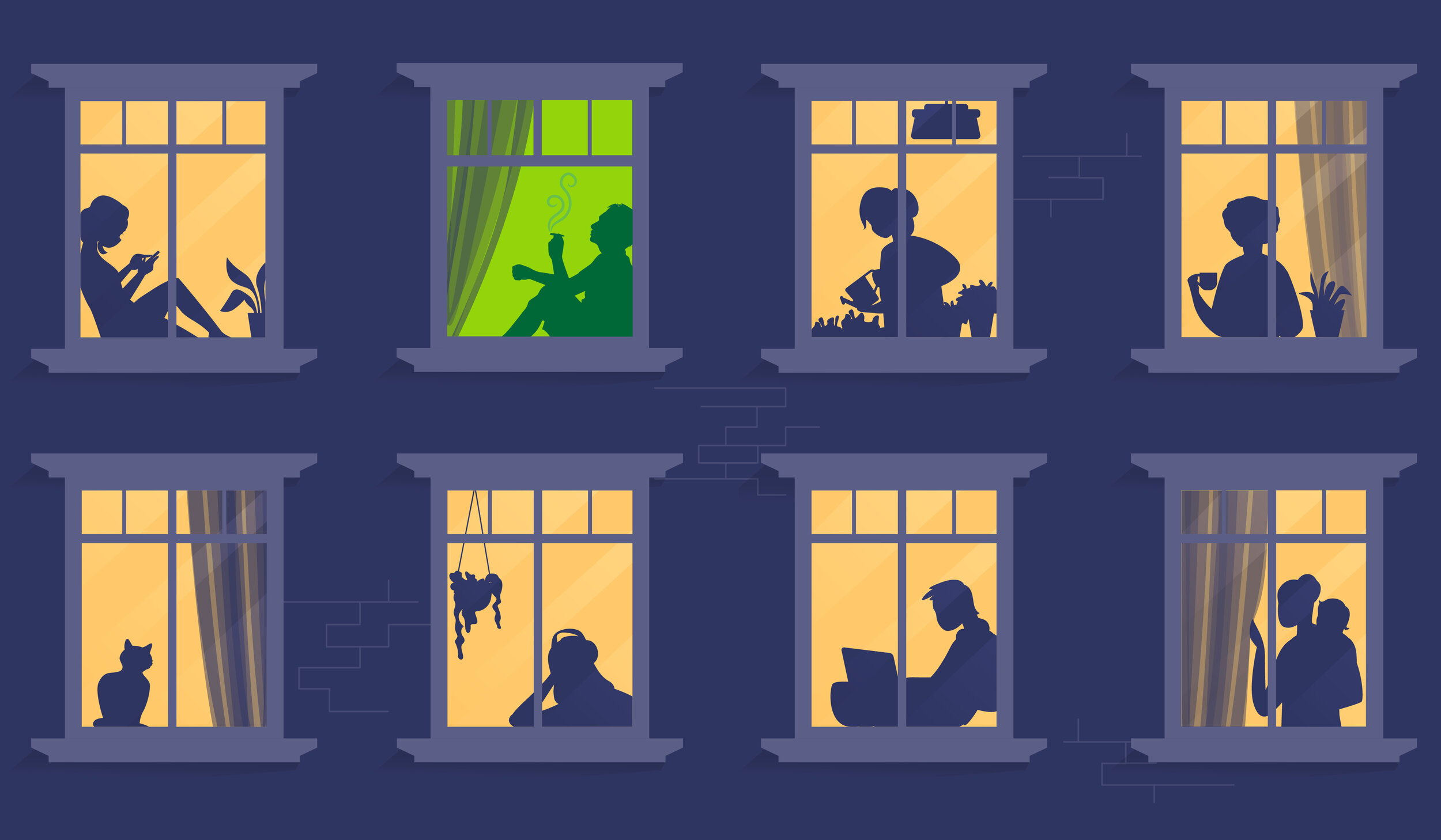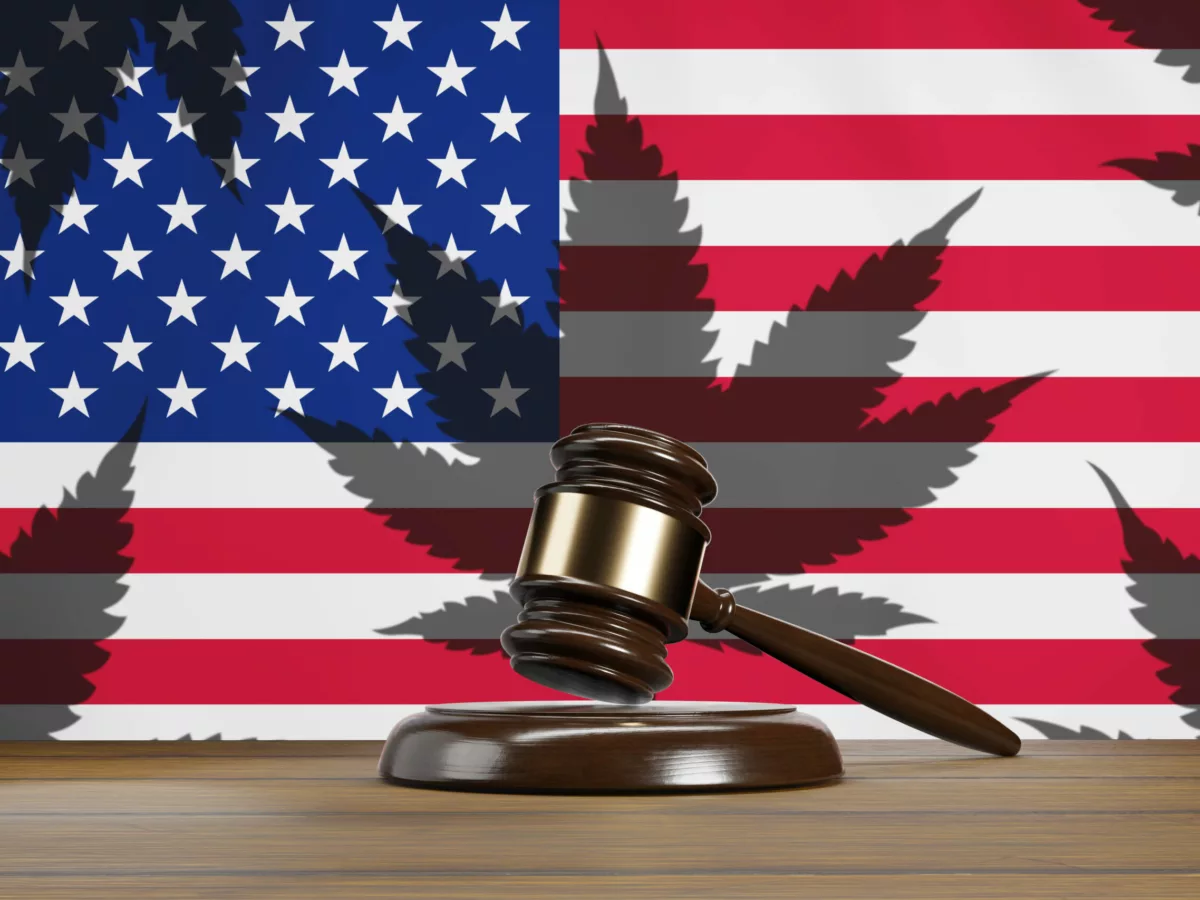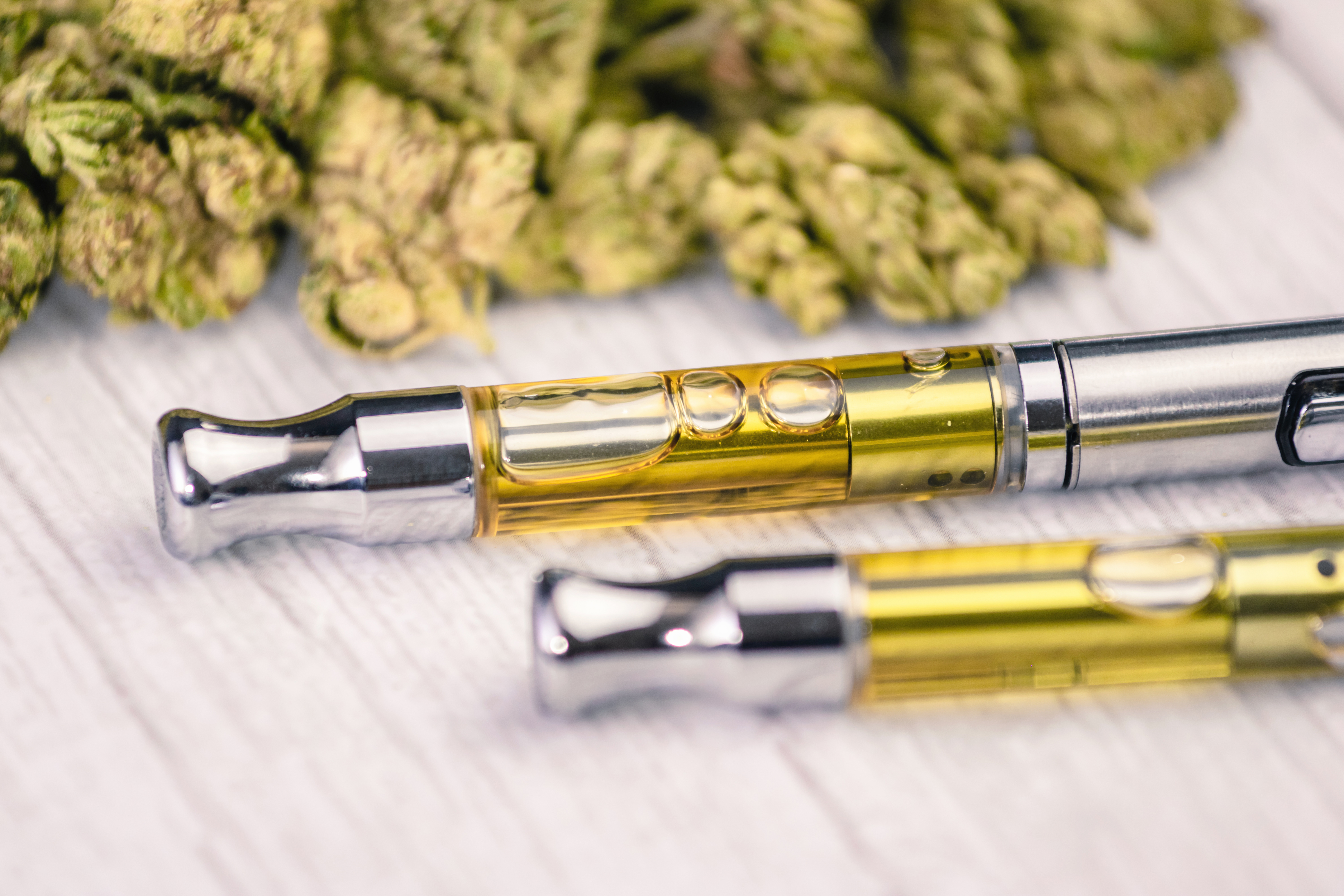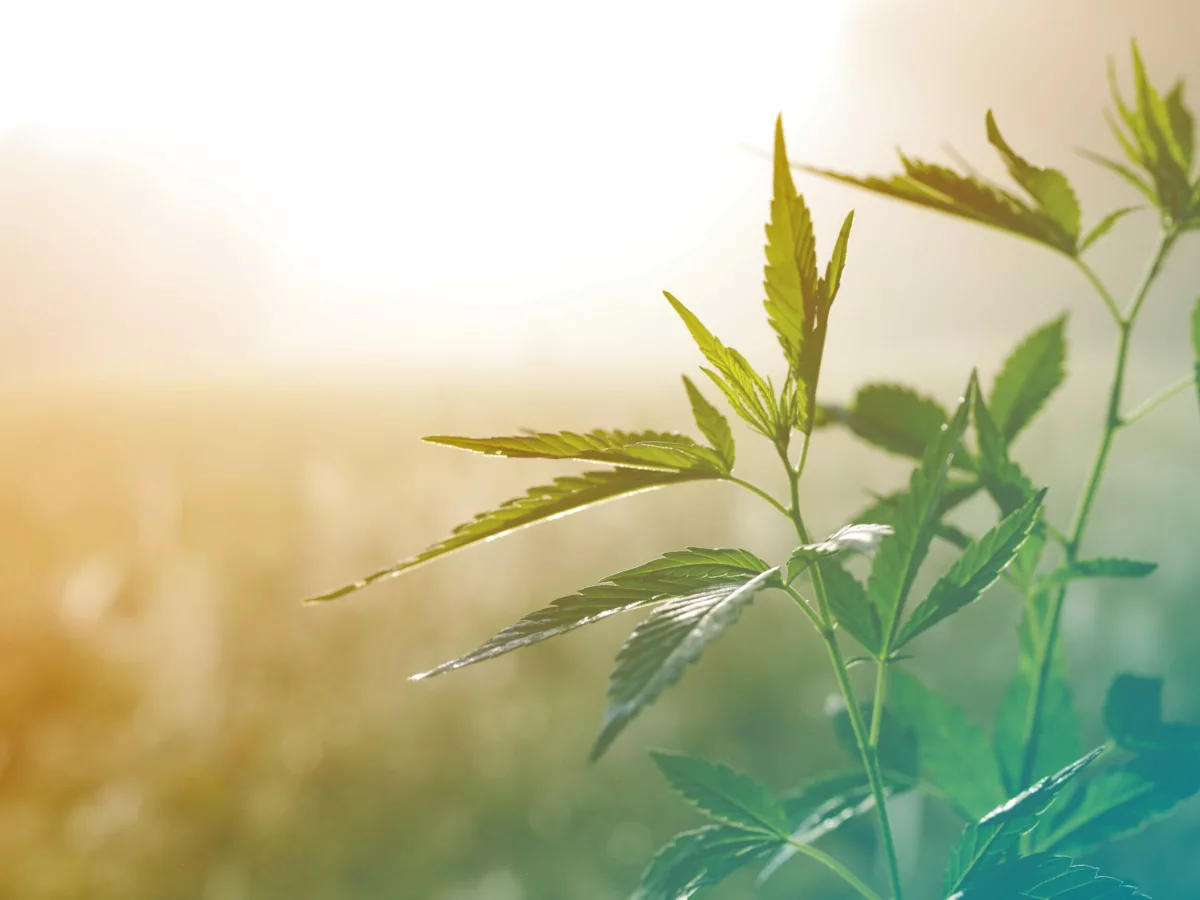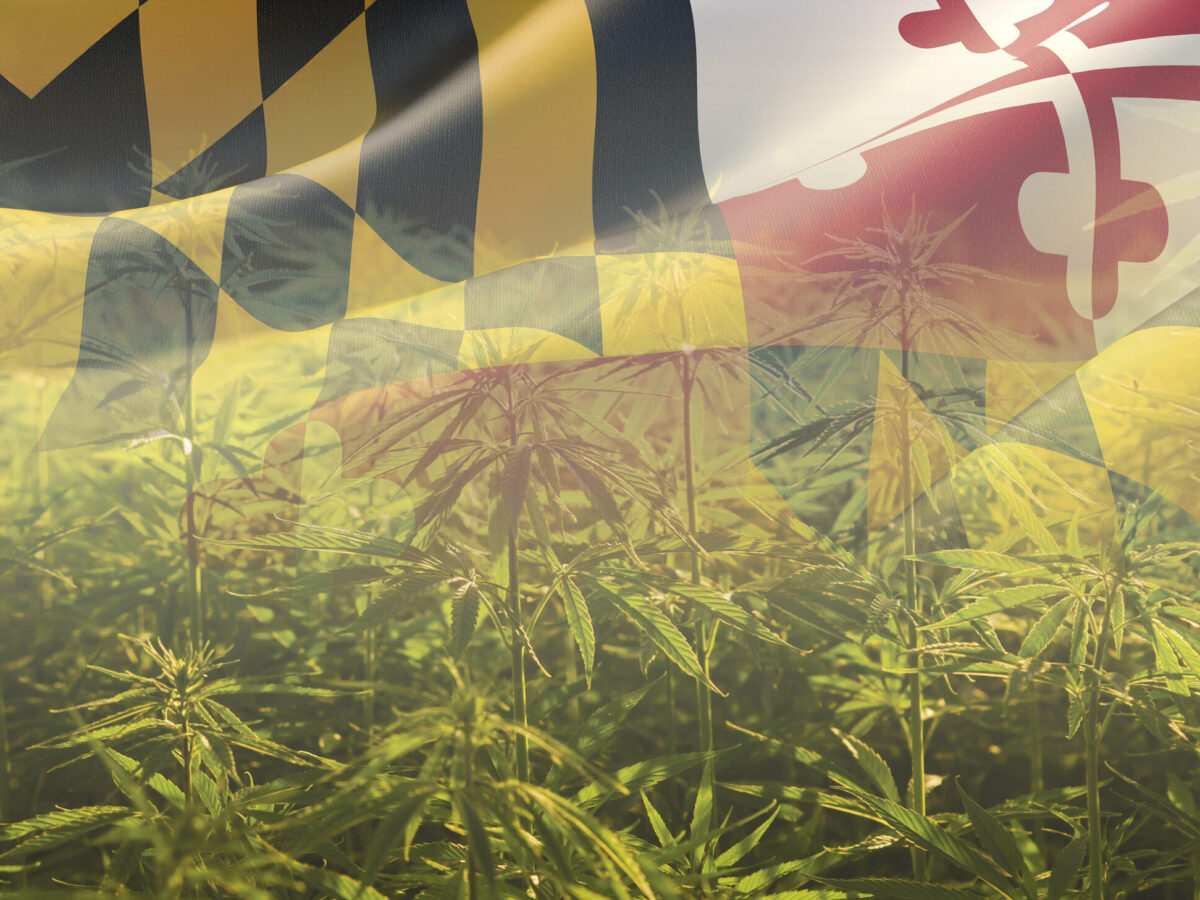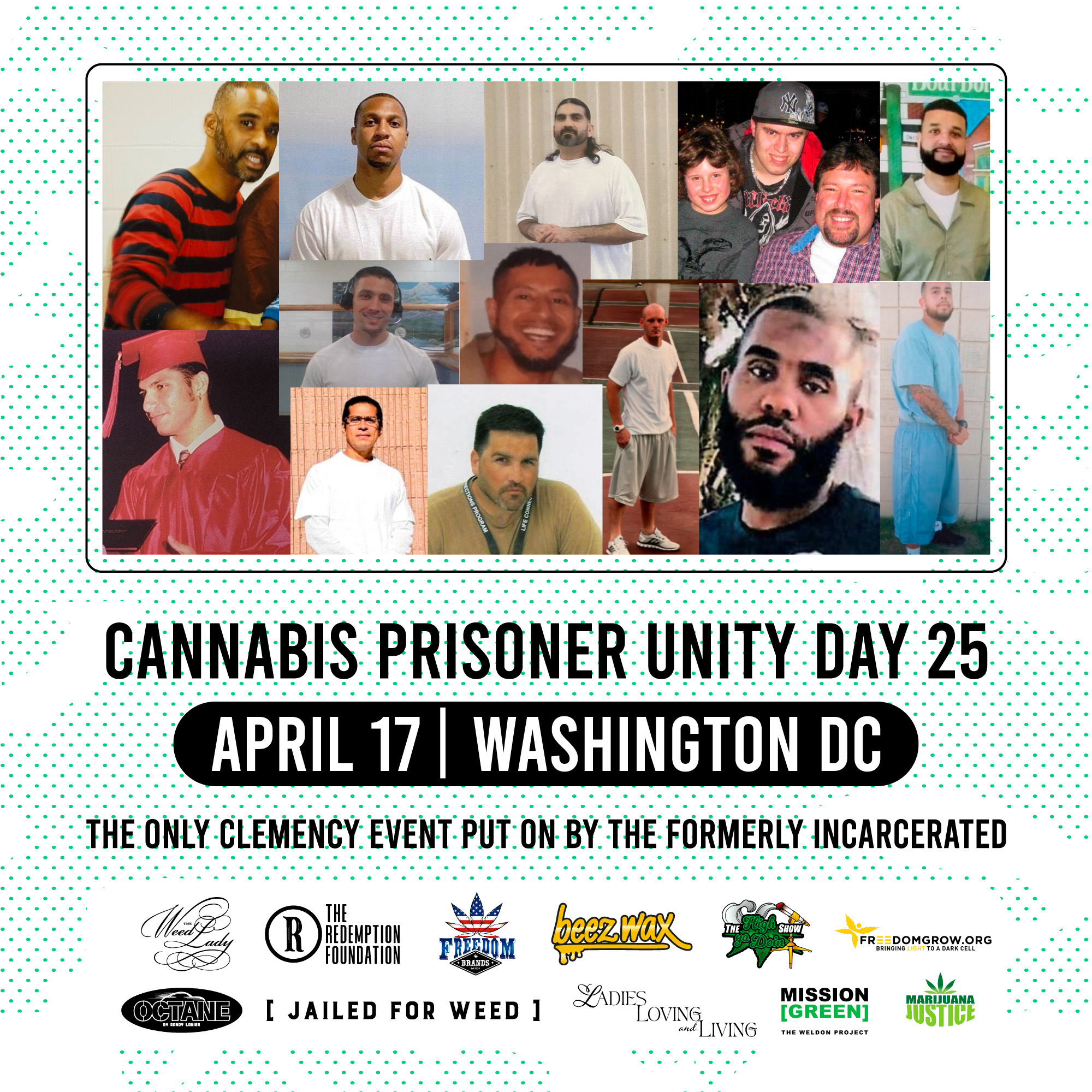Recreational cannabis may now be legal in Virginia, but not everyone is reaping the benefits.
For Virginians who live in public housing or receive federal rental assistance, using cannabis at home remains prohibited, and could have serious consequences.
That’s because cannabis is still a federally banned substance, and organizations that get money from the U.S. government—such as public housing authorities—say they could lose funding if they ignore federal laws.
Since legalization went into effect, several public housing agencies in Virginia have made a point to reiterate their policies on cannabis. Last week, public housing officials in Norfolk, Virginia’s second biggest city, said residents could still be evicted for cannabis use or possession despite legalization going into effect earlier this month on July 1.
“Norfolk Redevelopment and Housing Authority receives federal funding and follows federal law, which states that marijuana possession and consumption are illegal,” a spokesperson for the agency told The Center Square. “The new Virginia laws that allow for consumption, possession, and home cultivation of marijuana do not apply to residents living in public housing or federal rental assistance housing.”
In Danville, on Virginia’s southern border, public housing officials had a similar message. “Owners must deny admission to assisted housing for any household with a member determined to be illegally using a controlled substance, e.g., marijuana,” Larissa Deedrich, CEO of the Danville Redevelopment and Housing Authority, told WSET.
Deedrich said that drug offenses are always evaluated on a case-by-case basis, and that tenants are unlikely to be evicted unless cannabis use becomes a nuisance for the community.
Still, advocates say the continued prohibition for public housing tenants is particularly unjust because it affects many of the same communities that have been disproportionately harmed by punitive cannabis laws.
Local housing authorities often point to rules by the U.S. Department of Housing and Urban Development (HUD) to justify their cannabis eviction policies.
But HUD may give local agencies more leeway than some would like to admit. According to a 2015 memo, HUD doesn’t require local authorities or Section 8 landlords to evict residents for drug offenses. Instead, the agency says it lets local authorities decide.
“HUD does not require that PHAs and owners adopt or enforce so-called “one-strike” rules that deny admission to anyone with a criminal record or that require automatic eviction any time a household member engages in criminal activity in violation of their lease. Instead, in most cases, PHAs and owners have discretion to decide whether or not to deny admission to an applicant with certain types of criminal history, or terminate assistance or evict a household if a tenant, household member, or guest engages in certain drug-related or certain other criminal activity on or off the premises (in the case of public housing) or on or near the premises (in the case of Section 8 programs).”
The discrepancy between federal and local cannabis laws could affect more than 217,800 Virginians who are living in federally-assisted households, according to the Center of Budget and Policy Priorities. That’s roughly equivalent to the entire population of Richmond, the state’s capital.
And public housing residents aren’t the only Virginians affected. Most universities in the commonwealth, whether public or not, have maintained bans on cannabis under the same auspices. Virginia Tech, a public university of more than 37,000 students, recently updated its student code to reflect that pot use and possession—even for medical purposes—would still be prohibited after July 1.
“Virginia law permits adults aged 21 or older to possess, use, and grow marijuana under certain circumstances; however, federal law continues to prohibit it and requires institutions of higher education that receive federal funds, including financial aid, to have policies prohibiting marijuana on university property or at university-sponsored off-campus events,” the handbook says.
In neighboring Washington D.C., where cannabis has been legal since 2014, public housing residents also face unequal treatment due to federal laws. Though the DC Housing Authority says it hasn’t evicted any residents for cannabis since the District approved Initiative 71, advocates worry that Section 8 landlords continue to discriminate against tenants who use cannabis.
In May, Rep. Eleanor Holmes Norton, D.C.’s non-voting representative in Congress, asked Secretary of Housing and Urban Development Marcia Fudge to stop enforcing cannabis evictions in public housing developments: “Marijuana is legal in 36 states and the District of Columbia, and nobody should fear being thrown out of their home for using a product legalized by their state,” Norton wrote in a letter dated May 25.
The Biden administration’s views on cannabis have been remarkably slow to evolve despite pressure from Congressional Democrats and overwhelming public support for legalization.
Still, the public housing ban on cannabis could be lifted sooner than later. Sen. Chuck Schumer (D-NY) is expected to introduce a long-awaited bill this week that would end federal prohibition, according to Marijuana Moment. If passed, the new law would eventually trickle down HUD and other federal agencies.
